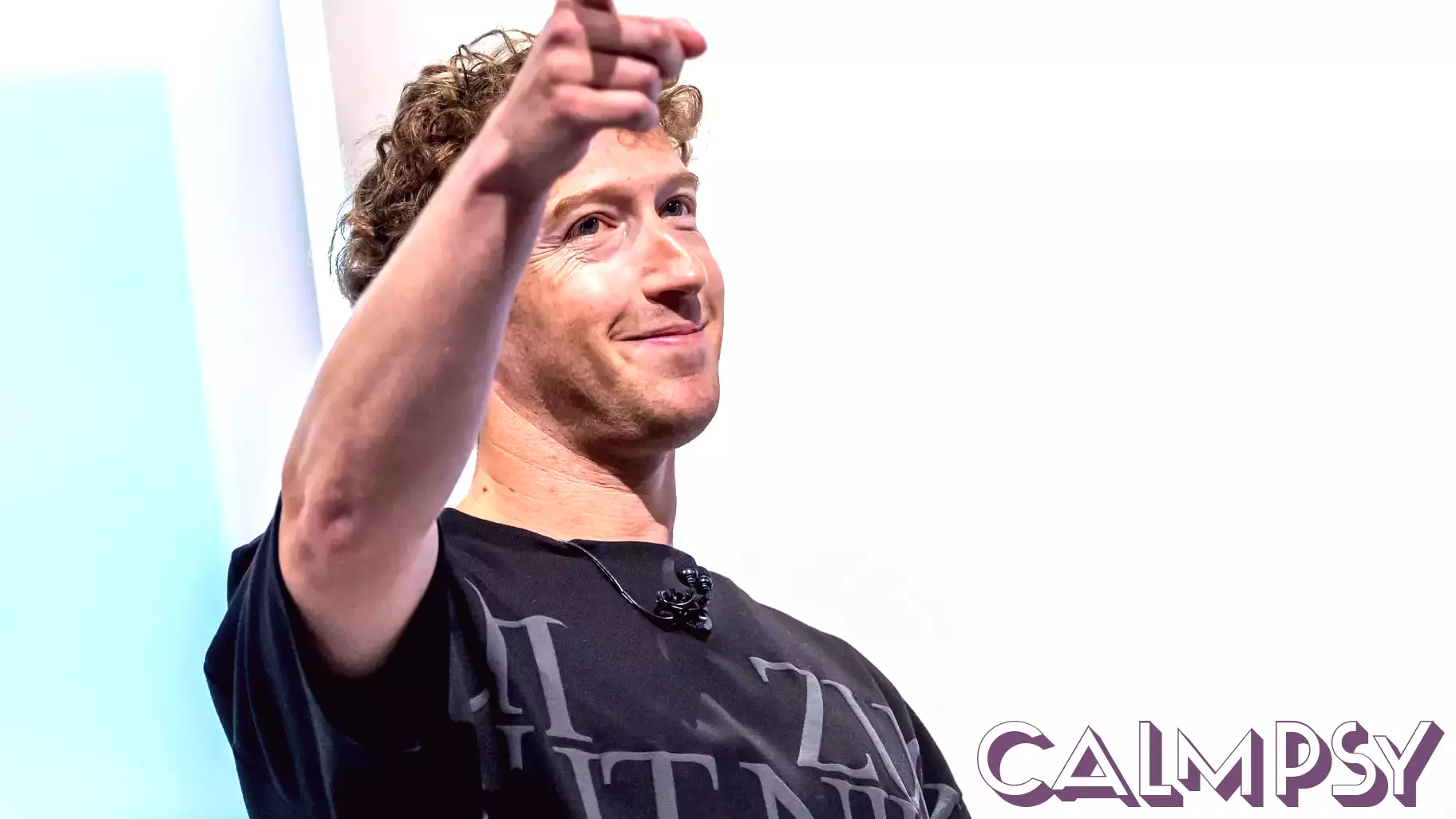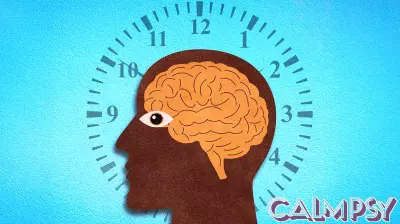Mark Zuckerberg Advocates AI Companionship, But Experts Warn Against It
May 10, 2025 - 04:47

Meta CEO Mark Zuckerberg has recently suggested that artificial intelligence could serve as a substitute for human relationships, addressing the growing demand for companionship in a digital age. However, experts in psychology are cautioning against this notion, emphasizing that while AI can offer certain benefits, it cannot truly replace the depth and authenticity of human connections.
Psychologists argue that human relationships are built on emotional experiences, empathy, and shared understanding—elements that AI cannot replicate. They highlight that relying on AI for companionship may lead to feelings of isolation and a lack of genuine emotional support. While AI can assist in alleviating loneliness to some extent, it cannot fulfill the complex emotional needs that come from real-life interactions with friends and family.
As technology continues to evolve, the debate over the role of AI in our social lives remains a critical conversation, with experts urging individuals to prioritize authentic human relationships over artificial substitutes.
MORE NEWS

February 21, 2026 - 04:49
New Theory of Learning Upends the Lessons of Pavlov’s DogA groundbreaking new theory is poised to rewrite a fundamental chapter in psychology, directly challenging the legacy of Pavlov`s famous dogs. For over a century, the principle of...

February 20, 2026 - 03:37
Psychology says people who pick up litter even when no one is watching usually display these 7 traits that are becoming increasingly rareIn a world where actions are often performed for social validation, a simple, unobserved act—picking up a stray piece of litter—can speak volumes about a person`s character. Psychologists note...

February 19, 2026 - 09:31
Psychology says the reason you feel exhausted after doing nothing all day isn't laziness — it's that unresolved decisions drain more energy than physical effort ever couldIf you`ve ever collapsed on the sofa after a seemingly lazy day, bewildered by your own fatigue, psychology points to a clear culprit: your unmade decisions. The mental load of unresolved choices�...

February 18, 2026 - 23:26
Meredith Professor Elected as President-Elect of the Society of Occupational Health PsychologyDr. Leanne E. Atwater, the program director for the Master of Arts in Industrial-Organizational Psychology program at Meredith College, has been elected as the President-Elect of the Society of...